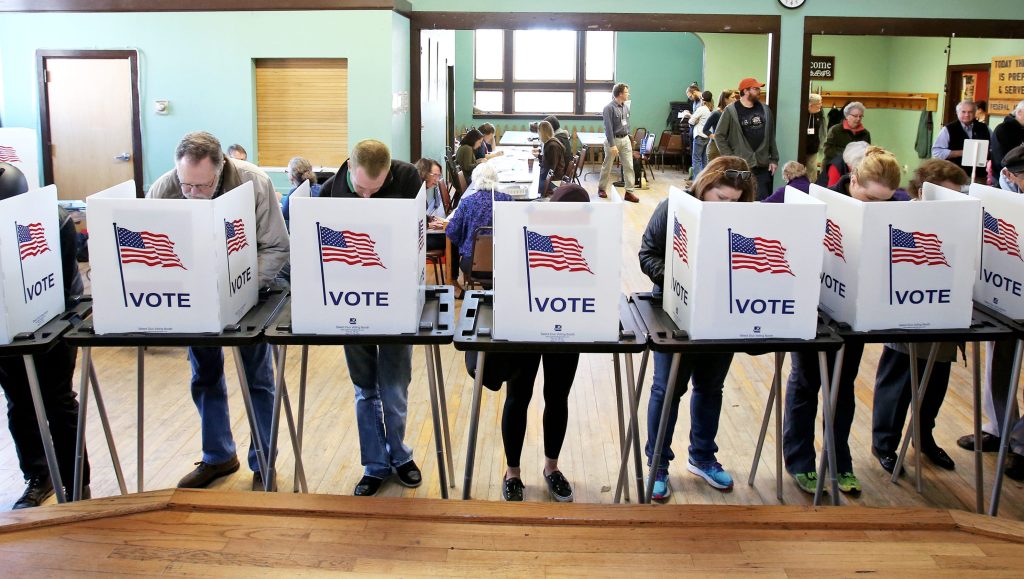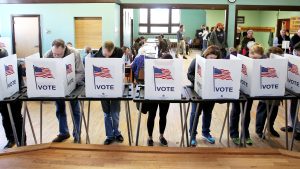A recently declassified intelligence report has revealed an increased effort by China, Russia, and Iran to meddle in the 2022 U.S. midterm elections compared to their activities in the 2018 midterms. The report, produced in December 2022 and declassified last week, provided assessments from the intelligence community (IC) regarding the extent of foreign threats to the U.S. electoral process.

Unlike the 2016 election, where the Russians carried out a comprehensive, whole-of-government influence campaign, the IC did not find a similar directive in 2022. However, it noted a diverse and growing group of foreign actors engaging in election influence operations, highlighting China’s increased willingness to conduct such activities compared to past cycles.
The report suggested that the involvement of more foreign actors reflected shifting geopolitical risk calculations, the normalization of election influence activities, the low cost but potentially high reward of such actions, and increased emphasis on election security in IC collection and analysis.
While there were no persistent efforts to gain access to election infrastructure or change votes, foreign actors seemed more focused on amplifying authentic U.S. public narratives to influence electoral outcomes, increase mistrust in U.S. election processes, and stoke sociopolitical divisions.
The IC expressed high confidence that the Russian government and its proxies sought to denigrate the Democratic Party and undermine confidence in the election, likely to diminish U.S. support for Ukraine. Kremlin intelligence services conducted extensive research to aid their election meddling efforts, identifying target demographics, narratives, and platforms appealing to specific audiences.
With moderate confidence, the IC assessed that China tacitly approved efforts to influence specific midterm races against politicians perceived as anti-China. China’s leaders likely viewed these efforts as a response to what they believed was an intensified U.S. effort to promote democracy at China’s expense.
Iran was also identified as attempting to exploit perceived social divisions and undermine confidence in U.S. democratic institutions. However, the report noted that Iran’s efforts were likely constrained by limited resources amid internal unrest.
Additionally, the report highlighted the activities of other foreign actors, naming Cuba as one that took steps to undermine U.S. politicians seeking reelection. Cuba’s efforts were described as smaller in scale and more narrowly targeted compared to those of China, Iran, and Russia. Specifically, Cuba focused on candidates in Florida but likely attempted to shape impressions of other U.S. politicians as well.

